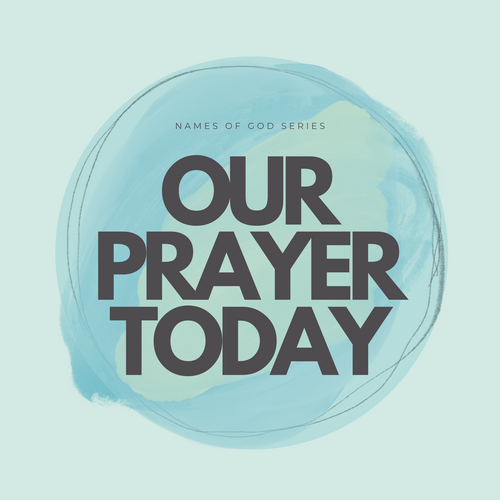The first time the name for God Adonai was used in the Bible is in Genesis 15. In this chapter Abraham had an encounter with the living God. God made a solemn covenant with him, promising that he would have numerous descendants, so numerous they couldn’t be numbered, and a specific piece of land that today we call Israel. God confirmed this unilateral covenant with the shedding of the blood of several animals. It is in this chapter of Genesis that Abraham begins to call God Adonai.
Abraham knew well what it meant to be called lord. In Genesis 14 we learn that Abraham was a man of great wealth. He was able to raise an army of 318 trained men from his own household to rescue his nephew Lot. He was lord over those men in his household. Abraham knew firsthand about the responsibilities of a lord to his servants for their care, protection and well being. He also understood the position of a servant, to submit and obey his master.
Abraham willingly placed himself in submission to God by calling him Adonai. He had come to know and experience God’s goodness. He knew God wasn’t a heartless master who only made unreasonable demands of his servants. Abraham had walked with God for long enough to trust His character and faithfulness. He wanted to come into this precious relationship.
In Deuteronomy 15:12-17 a ceremony is described. In the Old Testament if a Jewish person became a servant it was usually because he had fallen into debt. The law stated that servants were to be set free every seventh year. So after six years of service their debts were absolved and they were set free. However if the servant loved his master and his master’s household and he didn’t want to leave, but to become a permanent servant, there was a provision for this under the law. This passage in Deuteronomy begins by telling how to release a servant into freedom, then it gives these instructions, “but if he says to you “I will not go out from you” because he loves you and your household since he fares well with you, then you shall take an awl and pierce it through his ear into the door, and he shall be your servant forever. And also you shall do likewise to your maidservant.” Deuteronomy 15:16-17
This ceremony was an act of voluntary submission on the part of the servant to submit to the rulership or lordship of his master. Once made, it was a lifelong commitment on behalf of both parties. The master took on the responsibility of caring for the servant and the servant of submitting and serving his master.
I love that picture! The submission of the servant is done from a willing heart in response to the goodness and love of his master. This is not automatic. We are all created by God, Elohim the Creator God of all. But we are not all the bondservants of Adonai. We enter into this relationship whereby He becomes Adonai willingly.
In the Gospels and still today, Jesus is calling us to a lifetime of following Him as our Adonai. He is asking us to lay down our agenda, our very lives, and follow Him. Our heart attitude becomes “Lord, what is it that you want me to do?” not, “Lord bless me in what I want to do.” Big difference! He will show you. This is totally counter-culture. The world tells us we are the captain of our fate, in the words of Frank Sinatra, “I did it my way.” The irony is, doing it my way —pursing fame, fortune, whatever it is you think you have to have to be happy, will never do it for you. Maybe for a brief moment, then it will fade away just like yesterday and you will want more. God made us. He designed us. He knows how to bring true lasting fulfillment and joy. It only comes when you lay down your life and make Him Adonai. Only then will you know the path to true freedom. This is where you will discover the abundant life, joy and fulfillment.
So I have a couple of questions for you, have you ever had your ear pierced —in the fashion of Deuteronomy 15:16-17? Are you still trying to be “the boss of me” or have you come to the place where you have made Jesus your Adonai, your Lord?

